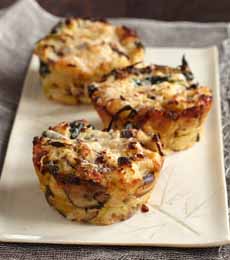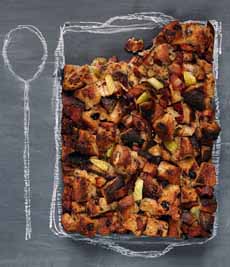|

[1] It’s the season for pumpkin pie. How about hand pies? No need to slice (photos #1 and #3 © Colavita).
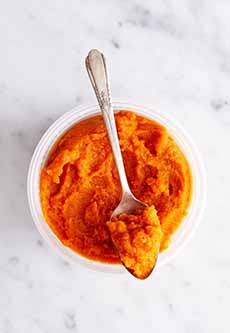
[2] Be sure you’re using pumpkin purée, not pumpkin pie filling (photo © Good Eggs).
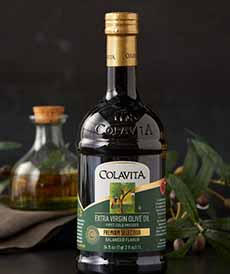
[3] When you make a crust with olive oil, always use extra virgin (photo © The Fresh Market | Facebook).
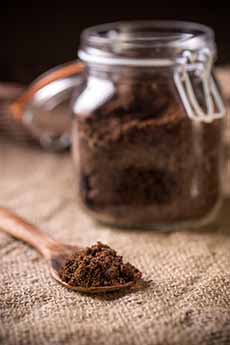
[4] Dark brown sugar has a deeper, richer flavor, due to more molasses content, than light brown sugar (photo © Grafvision | Panther Media).
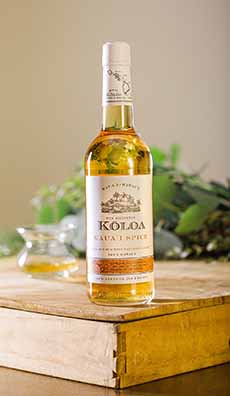
[5] A small snifter of spiced rum pairs nicely with a pumpkin pie dessert (photo © Kōloa Rum).
|
|
Pair these Pumpkin Hand Pies with Salted Caramel Glaze as a snack or dessert with coffee or tea. You can also pair it with a dessert wine, tawny Port, or a snifter or shot glass of spiced rum.
RECIPE: PUMPKIN HAND PIES WITH SALTED CARAMEL GLAZE
This recipe uses extra virgin olive oil to make the pie crust, instead of another shortening. It was created by Colavita Olive Oil, which has many more recipes to enjoy.
Prep time is 40 utes, and cook time is 30 minutes.
Ingredients For 12 Serving
For The Crust
3 cups all-purpose flour
½ cup plus 2 tablespoons extra virgin olive oil
5 tablespoons sugar
½ teaspoon salt
½ cup ice water, as needed
For The Filling
1 egg, beaten
2 cans (15 ounces) pumpkin purée
½ cup white sugar
½ cup dark brown sugar
1 large egg
1 teaspoon vanilla extract
1 teaspoon ground ginger
1 teaspoon ground cinnamon
¼ teaspoon ground nutmeg
¼ teaspoon fine sea salt
⅛ teaspoon ground clove
⅛ teaspoon ground allspice
For The Egg Wash
1 egg, beaten
For The Glaze
1½ cups light brown sugar
3 tablespoons unsalted butter
¼ cup heavy cream
2 teaspoons vanilla extract
½ teaspoon kosher salt, plus more for sprinkling
½ cup powdered sugar, sifted
Optional garnish: coarse sea salt
Preparation
1. POSITION the oven rack in the center and preheat the oven to 375ºF. Line a baking sheet with parchment paper.
2. MAKE the crust. ADD the flour, 1/2 cup olive oil, sugar, and salt to the bowl of a food processor and pulse a few times to combine. Add the 2 tablespoons olive oil and pulse until the mix resembles a coarse meal. Add the ice water, one teaspoon at a time, pulsing, until large clumps begin to form.
3. POUR the mixture out onto a clean surface and, with lightly floured hands, form it into a ball. Then flatten it into a 4” x 1/2″ thick rectangle. Divide the dough into 12 equal parts and roll each into a ball. Keep covered until ready to assemble.
4. MAKE the filling. In a large bowl, whisk together the pumpkin purée, white and brown sugars, egg, vanilla extract, and spices until well combined. Chill until ready to use.
Note: Don’t over-whisk the pumpkin mixture as this will incorporate air that could result in the filling puffing up too much when baking.
5. ROLL OUT each ball of dough on a lightly floured surface. Each round should be about 6 inches in diameter. Lightly brush the outer edge of each round with the egg wash. Spoon about 3-4 tablespoons of the pumpkin mixture into the center of each round. Fold the dough over the filling, forming a half-moon shape. Crimp the edges of the dough to seal, using a fork, or fold the edges back and create little pleats by pinching.
6. TRANSFER the hand pies to the prepared baking sheet and lightly brush each with the egg wash, taking care to cover the edges, too. Bake until the dough is golden, about 25-30 minutes. Allow to cool on the baking sheet for about 15 minutes, then transfer the hand pies to a wire rack to cool before glazing. Put the baking sheet (or a fresh baking sheet) under the rack. When the pies are cool…
7. MAKE the glaze. In a small saucepan over medium heat, combine the brown sugar, butter, cream, vanilla extract, and salt. Bring the mixture to a gentle simmer, stirring frequently with a wooden spoon for about 6-8 minutes, until it begins to caramelize. Stir in the powdered sugar. Remove from the heat. The mixture should be thick but still pourable.
8. DRIZZLE the glaze over the tops of each pie with a spoon, baster, or piping bag made from a Ziploc bag with a corner cut off. The excess glaze will drip off onto the parchment-lined baking pan.
9. IMMEDIATELY sprinkle a few flakes of salt on top of the glaze.
> The history of pie.
> The history of pumpkin pie.
> The different types of pie and pastry.
|
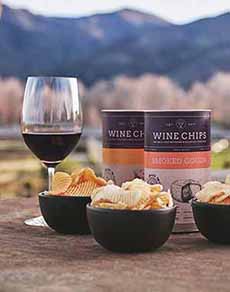
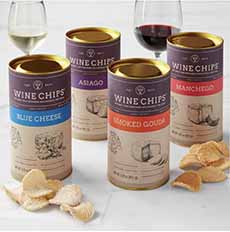
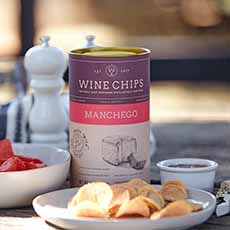


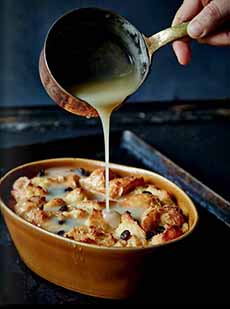
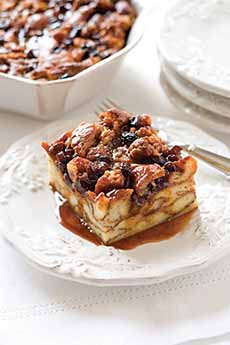 ]
]